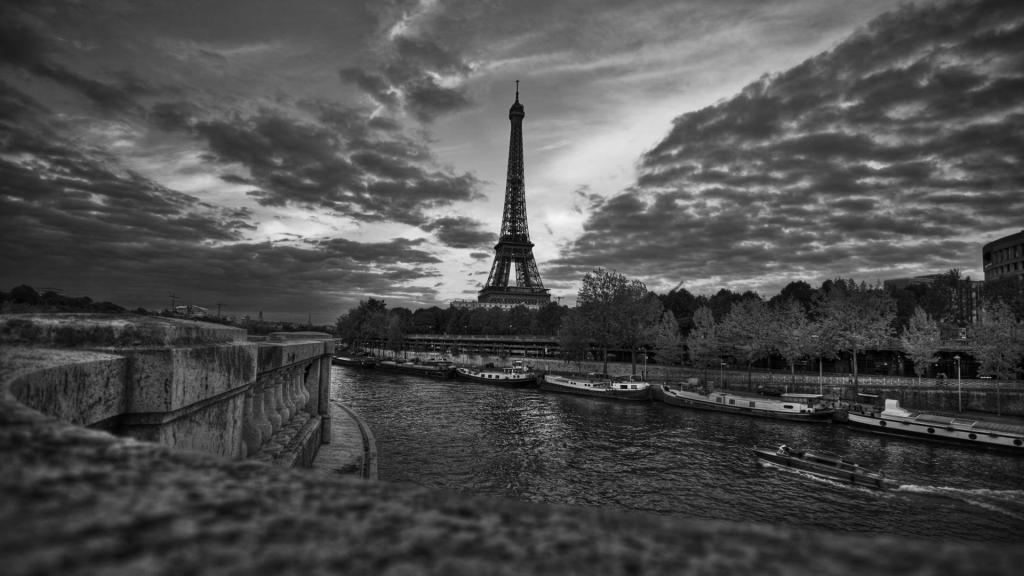Here we are in the sick and tragically familiar shock, outrage and despair from the violence of hate and intolerance that occurred again in Paris, and is occurring every day in places like Burma, Kenya, Syria, Lebanon and right here in America, in our own back yards. Once again we are witnessing how dangerous and wrong it is to hate. We need to be reminded of Martin Luther King, Jr. and Gandhi who courageously insisted upon non-violence, tolerance, and compassion along with their deep belief in our fundamental human decency and their unwavering insistence of how right it is to care. These teachings are ancient and timeless and we need them right now. Like earlier this year, the crowds of people courageously filling the streets of Paris send the same message. Violence is profoundly wrong and the right, most wise response is to show up and demonstrate the rejection of hate and the absolute necessity to care. It is our most natural response to pain. We are, after all, wired for compassion. And we have a choice. When we’re faced with pain and difficulty of any amount, whether internal or external, we can retaliate against ourselves or others by turning away and pulling our heads in like a turtle, or by lashing out and continuing the violence. Alternatively, we can stick our necks out, turn towards it, be willing to see it, feel it and do something about it. Certainly it takes some skill to sense the right time and place for stepping into the muck, but choosing action over inaction is ultimately what’s necessary, even if the wisest most effective action itself is inaction. It sends the message “I care and the violence stops with me.” The Buddha taught that the obstacles to acting from our inherent decency are greed, hatred and ignorance, known as the “three poisons.” They are the cause of our individual, interpersonal and collective pain and suffering. Greed is easy to see outside of ourselves, but more difficult to see inside. It’s difficult to come face-to-face with the myriad ways desire and wanting keep us running on the gerbil wheel. It can be blatantly obvious or amazingly subtle. Because our consumer culture is pervasive and invasive, it requires steady discerning mindfulness to manage our desires, to understand them as transitory, to know what is enough, and to guide our actions. Hatred or ill-will is also quite easy to see outside of ourselves, especially when it results in terror and large-scale acts of violence. We can’t miss these external expressions of discontent, fear, intolerance and anger in our communities. Internal hatred, ill-will and intolerance can be much more difficult to see. Each time I feel aversion to whatever is happening, the way I talk to myself is key. If I carry on with indignation I am more likely to churn up misplaced anger which ties my mind in a knot, keeps me from seeing clearly, and if I’m not careful, acting in a less than kind manner. But if I can understand my discomfort, my dislike or my fear, I still may get angry, but I’m more likely to manage it without causing undue harm to myself or those around me. Like greed and desire, hatred and ill-will are states of mind that come and go. The practice is to first recognize our own idiosyncratic symptoms and watch them work without getting caught. The Dalai Lama calls this the practice of internal disarmament. Managing greed and hatred is first and foremost an inside job.“I have decided to stick with love. Hate is too great a burden to bear.”
- Martin Luther King, Jr.
“Hatred never ends through hatred. By non-hate alone does it end. This is an ancient truth.” - The Buddha

